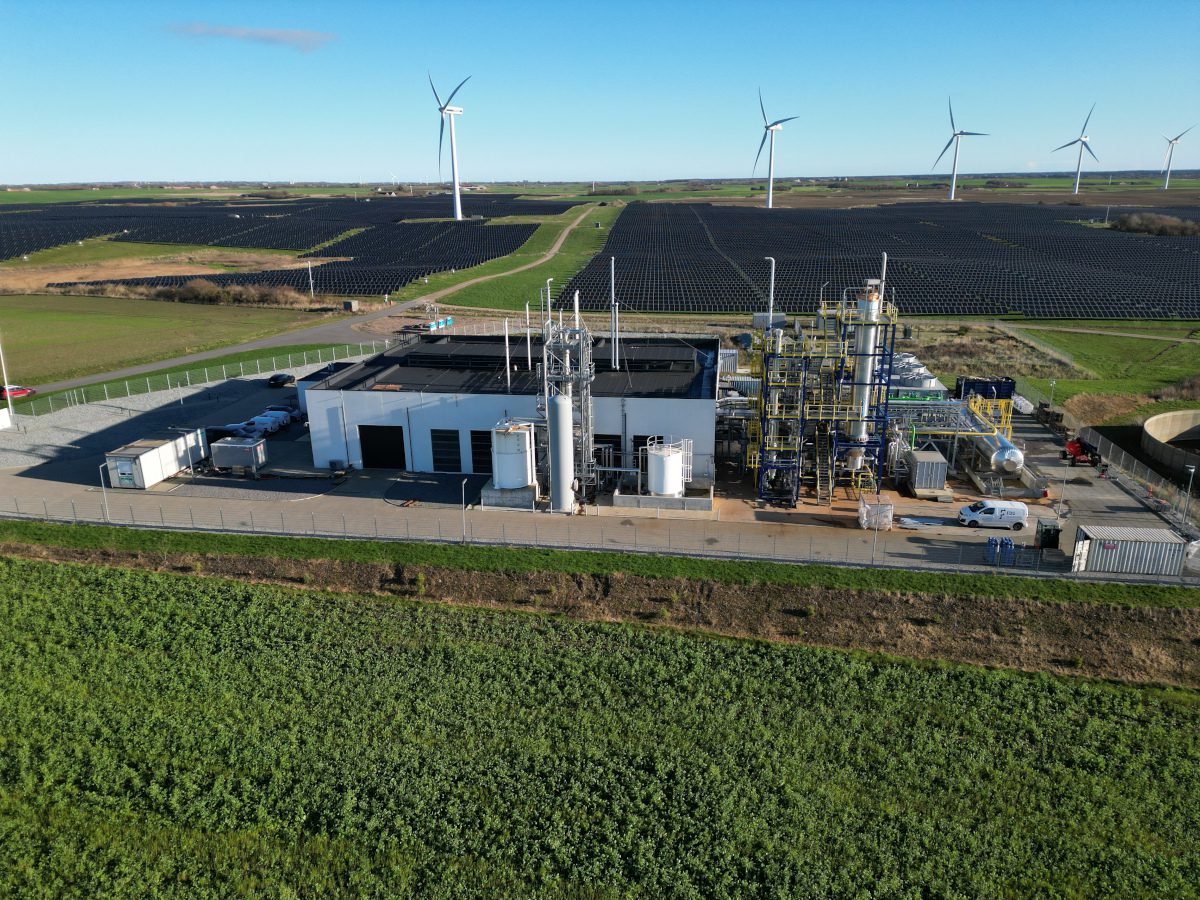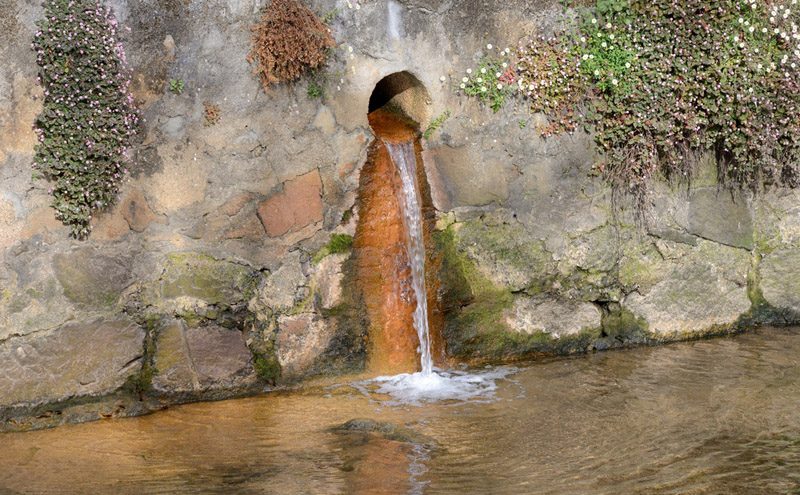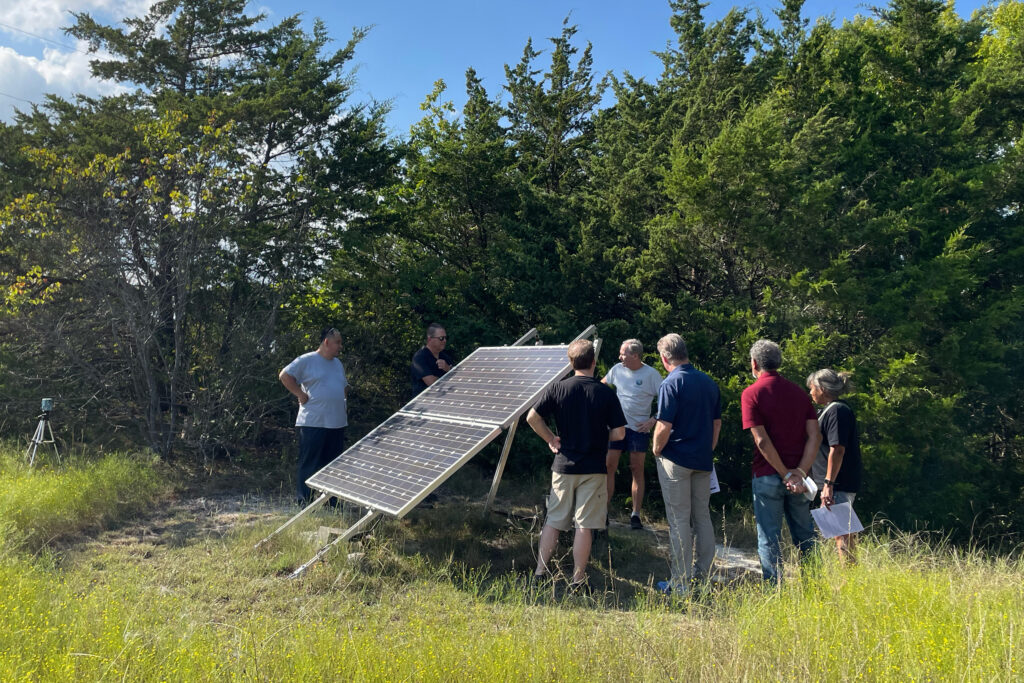Rocks formed by ancient volcanoes found across the UK could safely store millions of tonnes of CO2 by turning it into stone, according to new research.
Scientists have identified eight underground volcanic formations that could store over 3,000 million tonnes of industrial CO2 waste – equivalent to around 45 years worth of the country’s industrial emissions.
The study, led by researchers from the University of Edinburgh, analysed the geology, chemistry and volume of reactive rocks from around the UK, including basalts in Country Antrim in Northern Ireland, the Isle of Skye in Scotland and in the Lake District, England.
Rocks in these areas are rich in calcium and magnesium, which readily binds with CO2 to form a solid mineral in a process known as carbon mineralisation.
This works by dissolving captured CO2 in water and injecting the carbonated water into volcanic rocks deep underground. Mineralisation occurs in the spaces and cracks that are naturally present in the rocks, turning the carbonated water into stone.
The research team calculated how much CO2 each rock group could hold by combining the surface area and thickness of the rocks with details of their chemistry.
Mid-range estimates found that the Antrim Lava Group in Northern Ireland offered the largest storage potential of 1,400 million tonnes of CO2. The Borrowdale Volcanic Group in England was estimated to offer 700 million tonnes, while the Skye Lava Group could store around 600 million tonnes.
Pilot projects in Iceland and the USA have already shown that CO2 mineralises rapidly and securely. Larger scale projects are ongoing to measure the amount that can be stored by this method.
Safe, permanent storage of CO2 will be required to limit global warming to between 1.5 and 2 °C above pre-industrial levels, with mineralisation providing a storage solution for the UK, researchers say.
The study was published in Earth Science, Systems and Society, issued by the Geological Society of London, and was funded by the National Environment Research Council (NERC).
Angus Montgomery, who started the study while completing his BSc in Geology and Physical Geography at the University of Edinburgh, said: “By showing where the UK’s most reactive volcanic rocks are and how much CO₂ they could lock away, we highlight a practical and permanent way to mitigate unavoidable industrial emissions, adding to the UK’s arsenal of decarbonisation options”.
Professor Stuart Gilfillan, Personal Chair of Geochemistry from the University of Edinburgh who led the study, said: “To cut CO2 emissions at scale, we urgently need carbon storage. CO2 mineralisation offers the UK more room to store CO2, adding to the huge resource offered by the rocks beneath the North Sea.
“Our next steps are to assess effective porosity and rock reactivity in detail. This will tell us how efficiently each formation can mineralise CO2 in practice.”
















